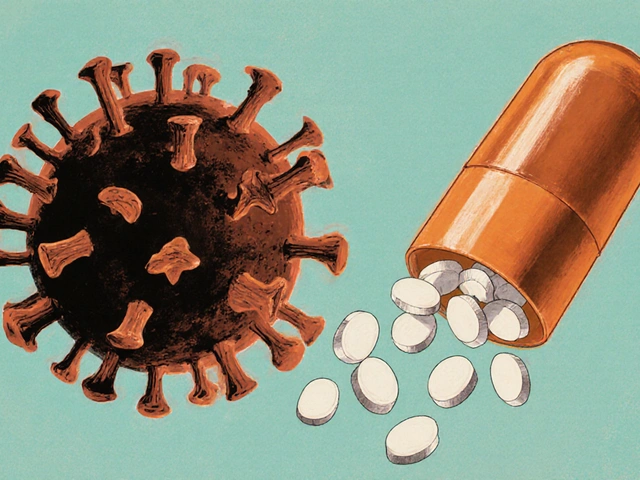Gut Health: Practical Tips to Feel Better From the Inside Out
Ever wonder why a bloated stomach or random stomachaches ruin your day? Your gut is a busy ecosystem, and tiny changes can make a huge difference. Below are easy steps you can start today without buying fancy gadgets or crazy diets.
Everyday Food Choices That Help Your Gut
First, load up on fiber. Whole grains, beans, fruits, and veggies give the good bacteria food to thrive. Swap white bread for whole‑grain, replace sugary snacks with an apple, and you’ll notice less gas and steadier energy.
Second, add fermented foods. Yogurt, kefir, sauerkraut, kimchi, and miso are packed with live cultures that jump‑start a healthy microbiome. A quick spoonful of plain yogurt at breakfast or a side of kimchi with dinner is enough to give your gut a boost.
Third, watch the sugar and artificial sweeteners. High sugar feeds the bad bugs, leading to inflammation and unwanted cravings. If you use diet sodas, try cutting them out for a week and see if bloating eases.
Fourth, stay hydrated. Water helps fiber move through the system, preventing constipation. Aim for at least eight glasses a day, and sip a warm cup of water with lemon in the morning if you like.
Supplements & Lifestyle Hacks
Probiotic supplements can be useful when you’re on antibiotics or after a bout of illness. Look for a product that lists at least three strains and a billion CFU per dose. Take it on an empty stomach for best absorption.
Prebiotic fibers—like inulin or chicory root—feed the good bacteria already living in your gut. You can find them as powders you stir into coffee or smoothies. Start with half a teaspoon to avoid gas, then increase gradually.
Stress matters too. The gut–brain connection means anxiety can upset digestion. Simple breathing exercises, a five‑minute walk, or a short meditation can calm the nervous system and, in turn, calm your stomach.
Sleep is another hidden hero. Aim for seven to nine hours a night; poor sleep can alter the balance of gut microbes and increase cravings for junk food.
Finally, be mindful of medications that hurt the gut. Some acid‑reducers, antibiotics, and even certain pain relievers can disturb the microbiome. If you suspect a drug is causing issues, talk to your doctor about alternatives or protective strategies.
Putting these steps together creates a gut‑friendly routine that’s easy to stick with. Start with one change—like adding a serving of veggies to every meal—and build from there. Your gut will thank you with smoother digestion, steadier mood, and more energy.

Mindfulness Benefits for Ulcerative Colitis Patients
Explore how mindfulness can lower stress, improve gut health, and reduce ulcerative colitis flare‑ups with practical techniques and evidence‑based benefits.
Oct 11 2025

How Exercise Helps Prevent Intestinal and Vaginal Infections
Discover how regular physical activity strengthens gut and vaginal health, reduces infection risk, and boosts immunity with science‑backed tips and practical workouts.
Sep 25 2025

Tannic Acid Supplement: Benefits, Risks, and How to Use It Safely (2025 Guide)
Curious about tannic acid supplements? Learn what they are, real benefits, risks, dosing, and how to choose a quality product-clear, evidence-backed, 2025-ready.
Aug 13 2025




